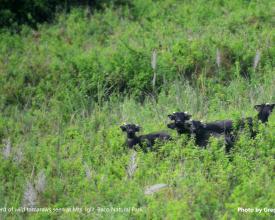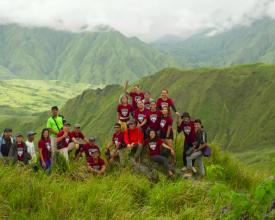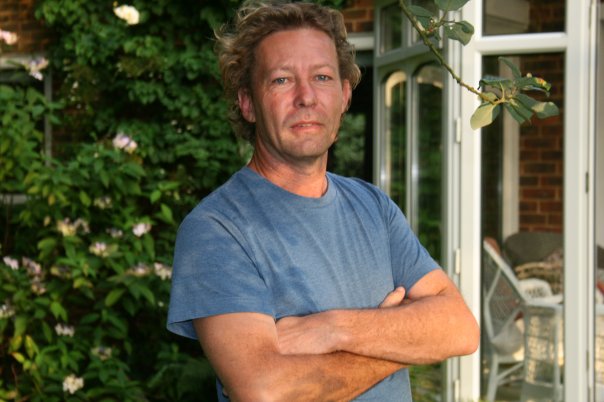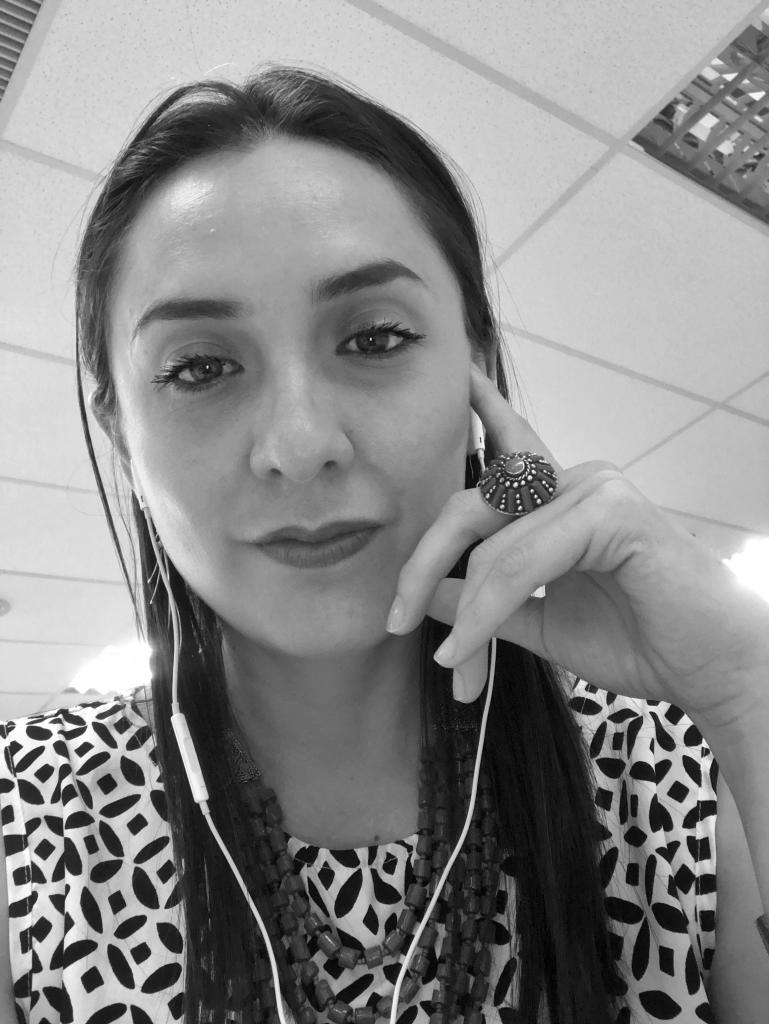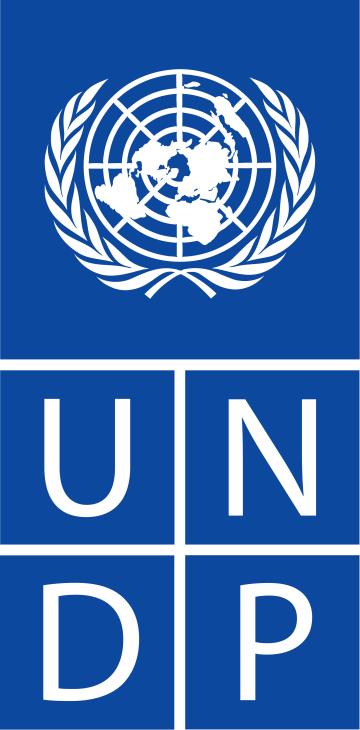
Conserving the Philippines' tamaraws through BioCamp
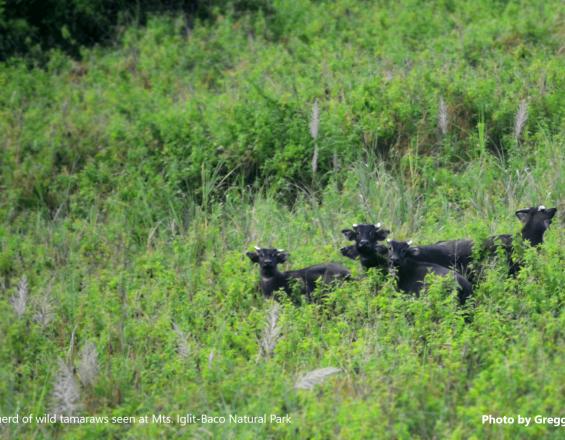
Tamaraws (Bubalus mindorensis) are endemic to the island of Mindoro in the Philippines with an estimated population of 10,000 in the 1900s. However, in the year 2000, Tamaraws have been classified as critically endangered species by IUCN https://www.iucnredlist.org/species/3127/50737640 . Although its population has been increasing based on the latest counts, it is still at a low at 523 which is only about 5% of the population count in the 1900s.
To mitigate this increasing decline in the tamaraw population, UNDP's Biodiversity Finance Initiative (BIOFIN) partnered with Tamaraw Conservation Program (TCP) of the Department of Environment and Natural Resources to organize the 2018 Biodiversity Camp (BioCamp). BIOFIN gathered journalist and social media influencers to immerse them in the natural habitat of tamaraws. The goal is to raise awareness on the tamaraw endangerment and the need to mobilize resources and funds for the protection and conservation of biodiversity.
Impacts
- Shortly after the BioCamp, several story publications and online posts were generated in different platforms reaching thousands of social media audiences.
- TCP and the rangers in Occidental Mindoro received a surge of personal donations from individuals.
- Other conservation groups are organizing and sustaining similar activities to further the initiative on conservation and for rallying funds to be invested on patrol equipment and uniform of the rangers.
- As for the BIOFIN project, it moves on to the second phase wherein finance solutions are designed and corporate social responsibility funding is introduced to advance the resources for tamaraws and other species.
